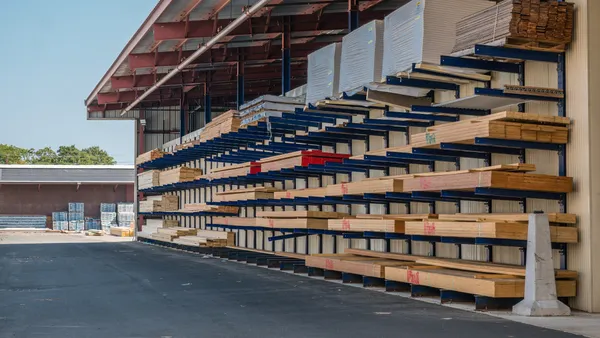Dive Brief:
-
A bill that that would allow developers to construct taller residential towers if they include more affordable housing units has again been placed before the Board of Supervisors in San Francisco, according to Curbed San Francisco.
-
Under the Affordable Housing Bonus Program, developers would get an additional height allowance for projects near transit in exchange for the inclusion of more low- and middle-income housing units. The proposal was put forth in 2015 but only half of it passed, giving density bonuses to projects that are entirely affordable.
-
Supporters say it will help bridge the growing affordability gap, particularly regarding workforce housing, and make many underutilized lots more attractive to developers without requiring a public subsidy. Critics have pushed back, saying it will displace current residents to make way for higher-density projects.
Dive Insight:
A decision to potentially revive the rest of the AHBP in San Francisco comes as the city finds ways to provide more low- and middle-income housing amid a dearth of supply that is putting pressure on prices at all ends of the market.
The city ranked second among the country’s most active property markets in February, according to Realtor.com, though some worry the market dynamics are creating a bubble. It has been suggested that up to 40,000 new units are needed each year to help close the supply gap and meet demand generated by the Bay Area’s steadily rising population.
A similar situation is playing out in other major California markets, prompting Gov. Jerry Brown earlier this year to call for legislation that streamlines permitting and incentivizes local governments to help their communities build the necessary housing.
More recently, voters in Los Angeles last week voted down an initiative, Measure S, that would have put a two-year ban on the zoning changes required to accommodate higher-density projects. Although such rezoning practices remain permissible, those on both sides of the debate expect negotiations at the project-level to continue.
For more housing news, sign up for our daily residential construction newsletter.














